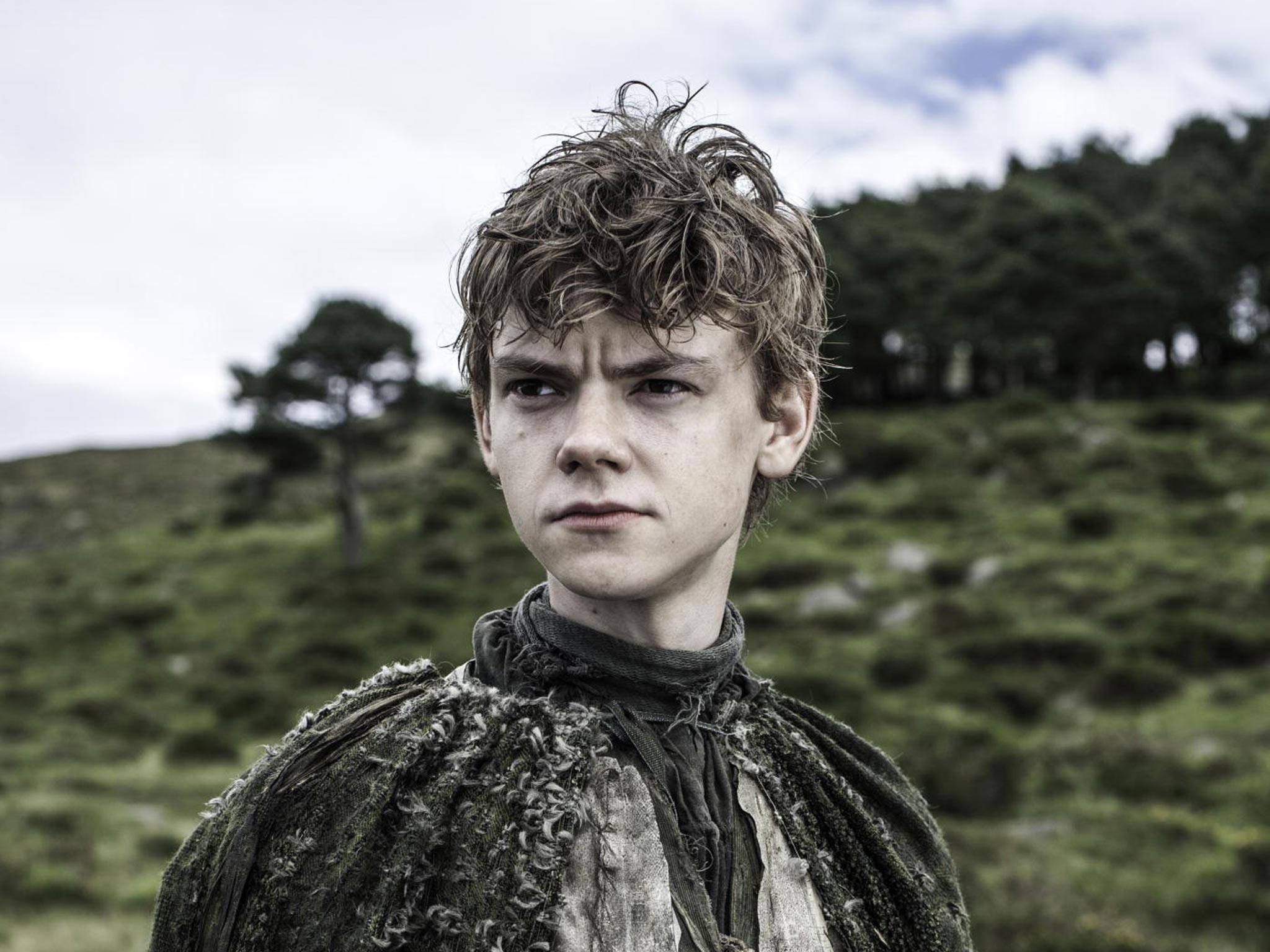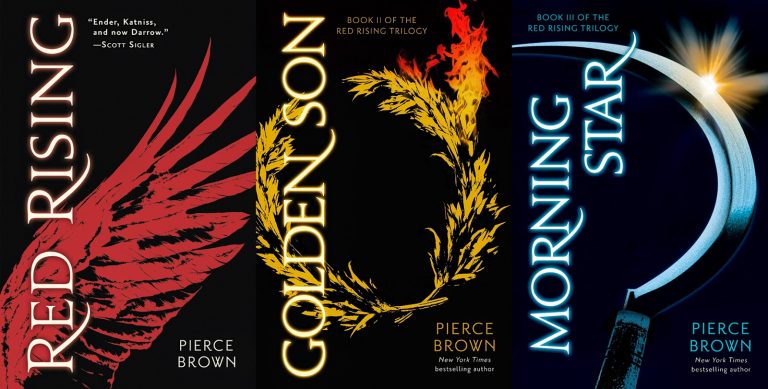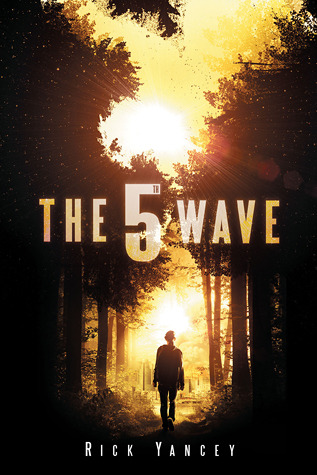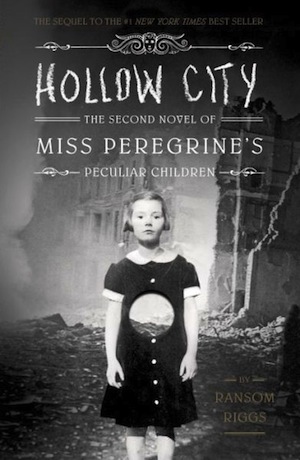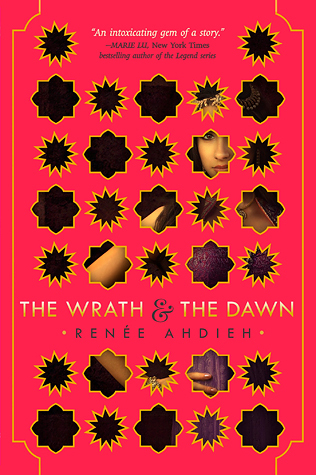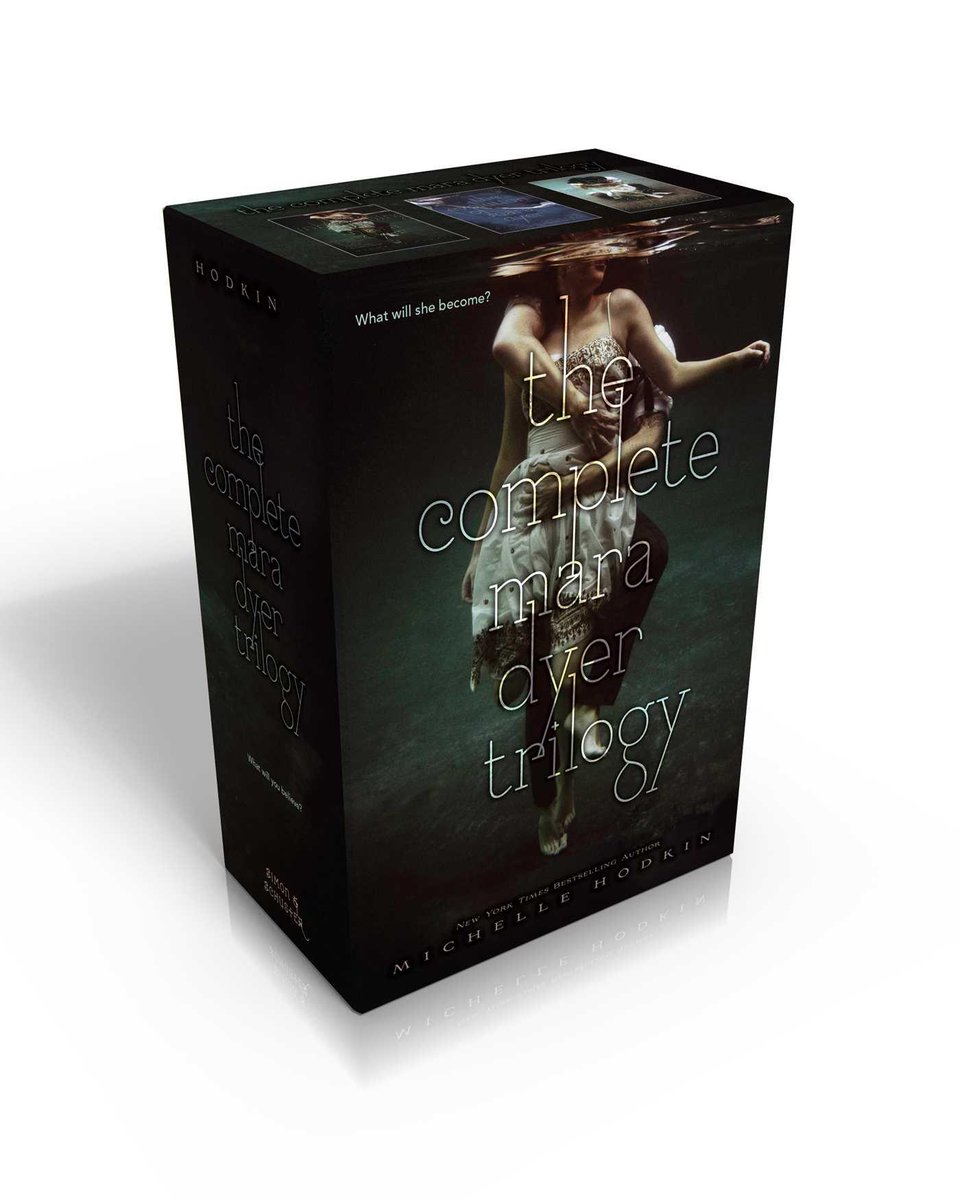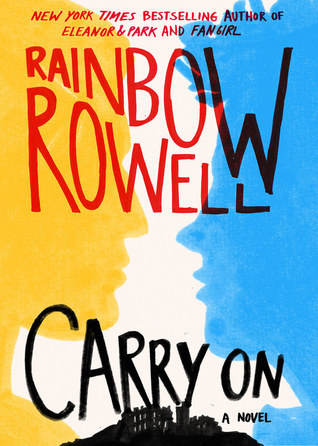
*This review will contain spoilers!*
With this review, I've officially completed my 2015 A-Z reading challenge! It's been difficult but I've enjoyed hunting for books that I might not otherwise have read, and 'Jekyll's Mirror' is one of those.
Sam Stillhouse has been through a lot in his life. Suffering through life with his abusive father murdering his mother, he's now living with his aunt and uncle, struggling to control the Wrath that threatens to overtake him. He's tried counselling and it hasn't helped, but when he gets invited to take part in a new school project - Project Hyde - it finally gives him somewhere to focus his anger.
Project Hyde (based on - you guessed it - 'The Strange Case of Dr Jekyll and Mr Hyde') creates status updates and messages from a wide variety of fake characters, and the task of the participant is to reply to them as honestly as possible, no matter how venomously they act. Sam gets addicted to the software very quickly, spending every spare minute of his time online attacking the artificial intelligence, and it's only when Cassandra - a mysterious girl with flame red hair - shows up that Sam realises something is seriously wrong with the program.
Queue the first big reveal: the fact that the messages are from real people. It's not that surprising, because there are hints throughout the introduction of the Project, but apparently Sam isn't good at picking up on hints.
Other than this, there are two other reveals in this book: it turns out that Cassandra is actually Cassidy - her identical twin - and Sam still loves his father despite the fact that he killed his mother. Sam's emotional upheaval towards his father was expected and emotionally genuine, but the twist with Cassandra/Cassidy was completely unnecessary. It didn't add to the plot, it was just a convoluted mess. I read and reread the explanation of why she faked her identity and how Sam worked out what she was doing, but it still didn't make sense to me: I don't know if it was badly written, or because I'd just lost any attempt at caring.
Other than his issues, Sam isn't really much of a character. Because of his inner emotional turmoil a lot of what we know about him is introspective worrying and complaining, and it was hard to connect with him. When you're reading a book and you feel nothing towards the protagonist - neither positive or negative - it definitely makes for a flat read, and I think that's one of the reasons I enjoyed 'Jekyll's Mirror' so little.
I didn't appreciate the way that William Hussey wrote Cassandra, because it was verging on manic pixie dream girl territory, and that's never fun. She appears out of nowhere, knowing Sam's entire history, then starts beckoning him down alleyways and meeting up with him in the middle of the night... Then Sam refers to her as the mystical 'fire girl' every five minutes - purely due to her hair colour - and he tries to turn her into the damsel in distress at every possible opportunity. In her first few scenes with the Hydes (the transformed monsters caused by Project Hyde) she's very badass, knowing how to use a gun and deal with the situation, but within one scene she becomes a trembling wreck on the floor and nearly surrenders to the monster. It doesn't fit with her character, it's just a bad excuse to allow Sam to save the girl.
This book wasn't bad, it was just unbelievably average. The concept was interesting: cyber bullying leading to a physical transformation and unleashing the beast, but it was very preachy. In reality, cyber bullying doesn't transform you into a mass murdering monster, so it would have been more realistic if the Hydes hadn't been such all-powerful deformed versions of the kids. It might have had more of an effect, and been more terrifying as a consequence, if the Hydes had looked exactly the same as the regular children, but had been their honest and dark selves.
As it was, it seemed as though the message was more important than the storytelling, with the characters being mouthpieces for the author: it meant that at times the dialogue was horribly stilted and uncomfortable, and the events of the book were all just a bit too convenient and unbelievable. The big bad who organised Project Hyde only did it for a bit of fun, so there wasn't even an evil plot to foil - it wasn't a plot at all, just a bit of messing around for an immortal being who'd gotten bored with the world. This felt like a bit of a cop out, and I do wonder if the author thought it through completely before he started writing the story. The ending is very cliched and eye-roll worthy (Sam faces the truth within himself and conquers his demons, how after-school special of him!) and it put a bigger dampener on what had already been a disappointment - in a book filled with death and destruction, it feels like cheating when the two main characters get a happy ending flying off into the sunset.
I thought this was going to be a retelling of 'The Strange Case of Dr Jekyll and Mr Hyde', so I was pleasantly surprised when it was a homage to great literature rather than a direct copy. Sadly, that was the only thing I ended up really enjoying. It was nice to see the book club discussions cropping up throughout, and the regular debates on the themes and meaning of the story, but they were the bright spots in an otherwise greyed out world.
I can see what William Hussey was trying to do, but I don't think he pulled it off as well as he could have. If you focus too much on the moral of the story, the story suffers: that was definitely something 'Jekyll's Mirror' struggled with.
Project Hyde (based on - you guessed it - 'The Strange Case of Dr Jekyll and Mr Hyde') creates status updates and messages from a wide variety of fake characters, and the task of the participant is to reply to them as honestly as possible, no matter how venomously they act. Sam gets addicted to the software very quickly, spending every spare minute of his time online attacking the artificial intelligence, and it's only when Cassandra - a mysterious girl with flame red hair - shows up that Sam realises something is seriously wrong with the program.
Queue the first big reveal: the fact that the messages are from real people. It's not that surprising, because there are hints throughout the introduction of the Project, but apparently Sam isn't good at picking up on hints.
Other than this, there are two other reveals in this book: it turns out that Cassandra is actually Cassidy - her identical twin - and Sam still loves his father despite the fact that he killed his mother. Sam's emotional upheaval towards his father was expected and emotionally genuine, but the twist with Cassandra/Cassidy was completely unnecessary. It didn't add to the plot, it was just a convoluted mess. I read and reread the explanation of why she faked her identity and how Sam worked out what she was doing, but it still didn't make sense to me: I don't know if it was badly written, or because I'd just lost any attempt at caring.
Other than his issues, Sam isn't really much of a character. Because of his inner emotional turmoil a lot of what we know about him is introspective worrying and complaining, and it was hard to connect with him. When you're reading a book and you feel nothing towards the protagonist - neither positive or negative - it definitely makes for a flat read, and I think that's one of the reasons I enjoyed 'Jekyll's Mirror' so little.
I didn't appreciate the way that William Hussey wrote Cassandra, because it was verging on manic pixie dream girl territory, and that's never fun. She appears out of nowhere, knowing Sam's entire history, then starts beckoning him down alleyways and meeting up with him in the middle of the night... Then Sam refers to her as the mystical 'fire girl' every five minutes - purely due to her hair colour - and he tries to turn her into the damsel in distress at every possible opportunity. In her first few scenes with the Hydes (the transformed monsters caused by Project Hyde) she's very badass, knowing how to use a gun and deal with the situation, but within one scene she becomes a trembling wreck on the floor and nearly surrenders to the monster. It doesn't fit with her character, it's just a bad excuse to allow Sam to save the girl.
This book wasn't bad, it was just unbelievably average. The concept was interesting: cyber bullying leading to a physical transformation and unleashing the beast, but it was very preachy. In reality, cyber bullying doesn't transform you into a mass murdering monster, so it would have been more realistic if the Hydes hadn't been such all-powerful deformed versions of the kids. It might have had more of an effect, and been more terrifying as a consequence, if the Hydes had looked exactly the same as the regular children, but had been their honest and dark selves.
As it was, it seemed as though the message was more important than the storytelling, with the characters being mouthpieces for the author: it meant that at times the dialogue was horribly stilted and uncomfortable, and the events of the book were all just a bit too convenient and unbelievable. The big bad who organised Project Hyde only did it for a bit of fun, so there wasn't even an evil plot to foil - it wasn't a plot at all, just a bit of messing around for an immortal being who'd gotten bored with the world. This felt like a bit of a cop out, and I do wonder if the author thought it through completely before he started writing the story. The ending is very cliched and eye-roll worthy (Sam faces the truth within himself and conquers his demons, how after-school special of him!) and it put a bigger dampener on what had already been a disappointment - in a book filled with death and destruction, it feels like cheating when the two main characters get a happy ending flying off into the sunset.
I thought this was going to be a retelling of 'The Strange Case of Dr Jekyll and Mr Hyde', so I was pleasantly surprised when it was a homage to great literature rather than a direct copy. Sadly, that was the only thing I ended up really enjoying. It was nice to see the book club discussions cropping up throughout, and the regular debates on the themes and meaning of the story, but they were the bright spots in an otherwise greyed out world.
I can see what William Hussey was trying to do, but I don't think he pulled it off as well as he could have. If you focus too much on the moral of the story, the story suffers: that was definitely something 'Jekyll's Mirror' struggled with.

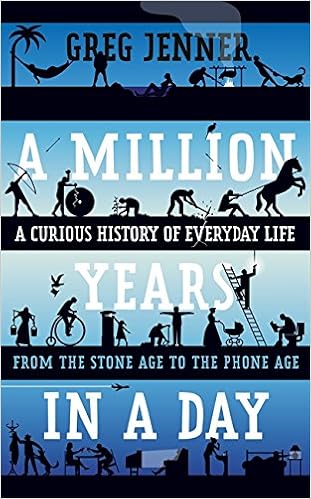


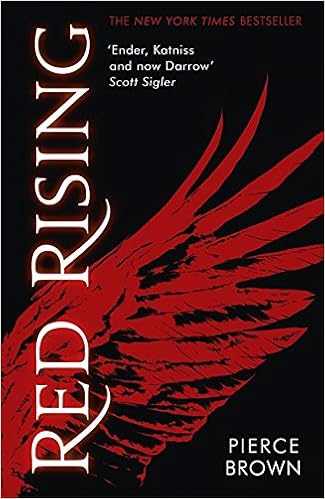

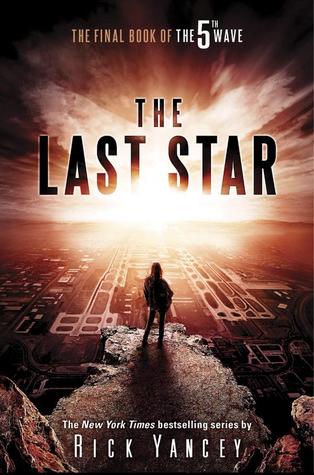
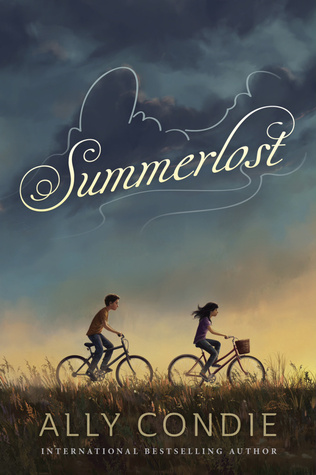
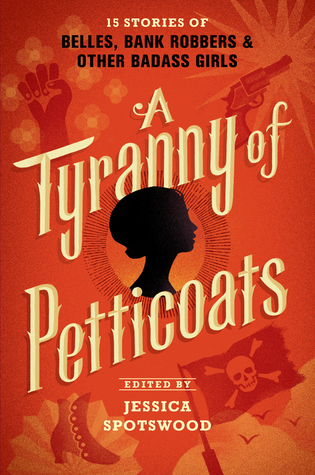
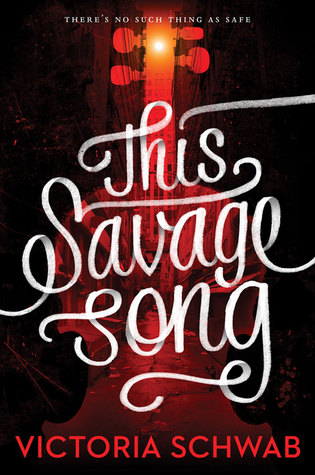

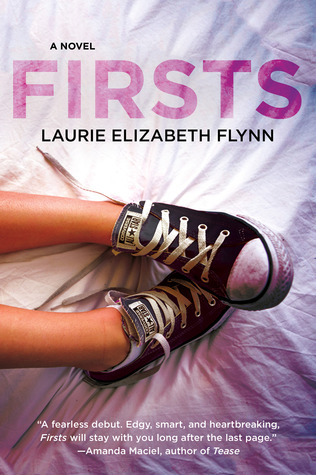
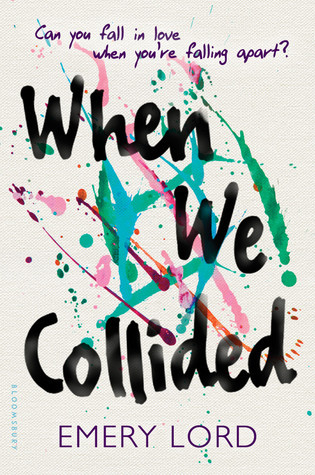

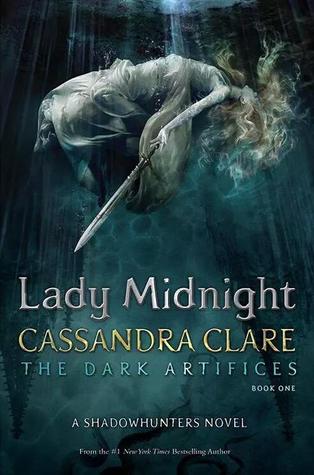

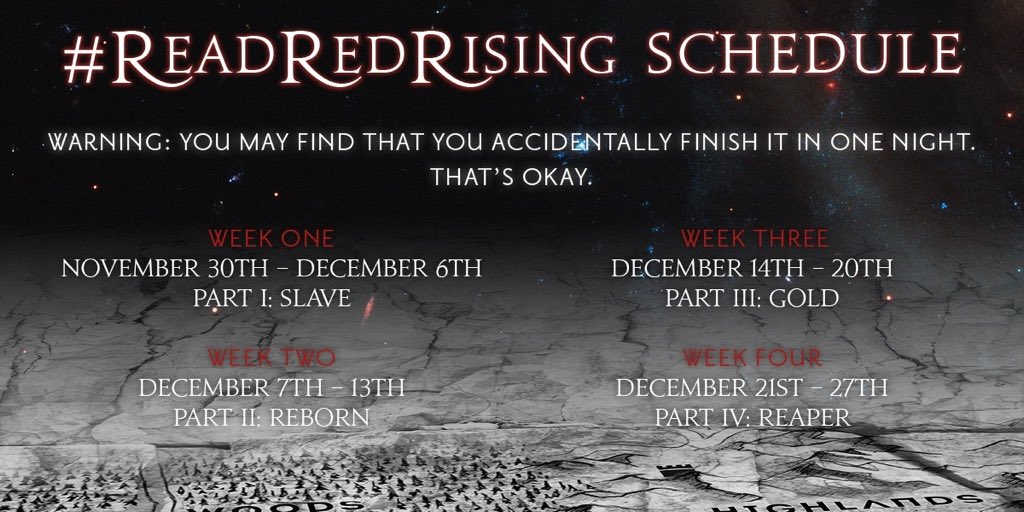
.jpg/revision/20140706180942)




